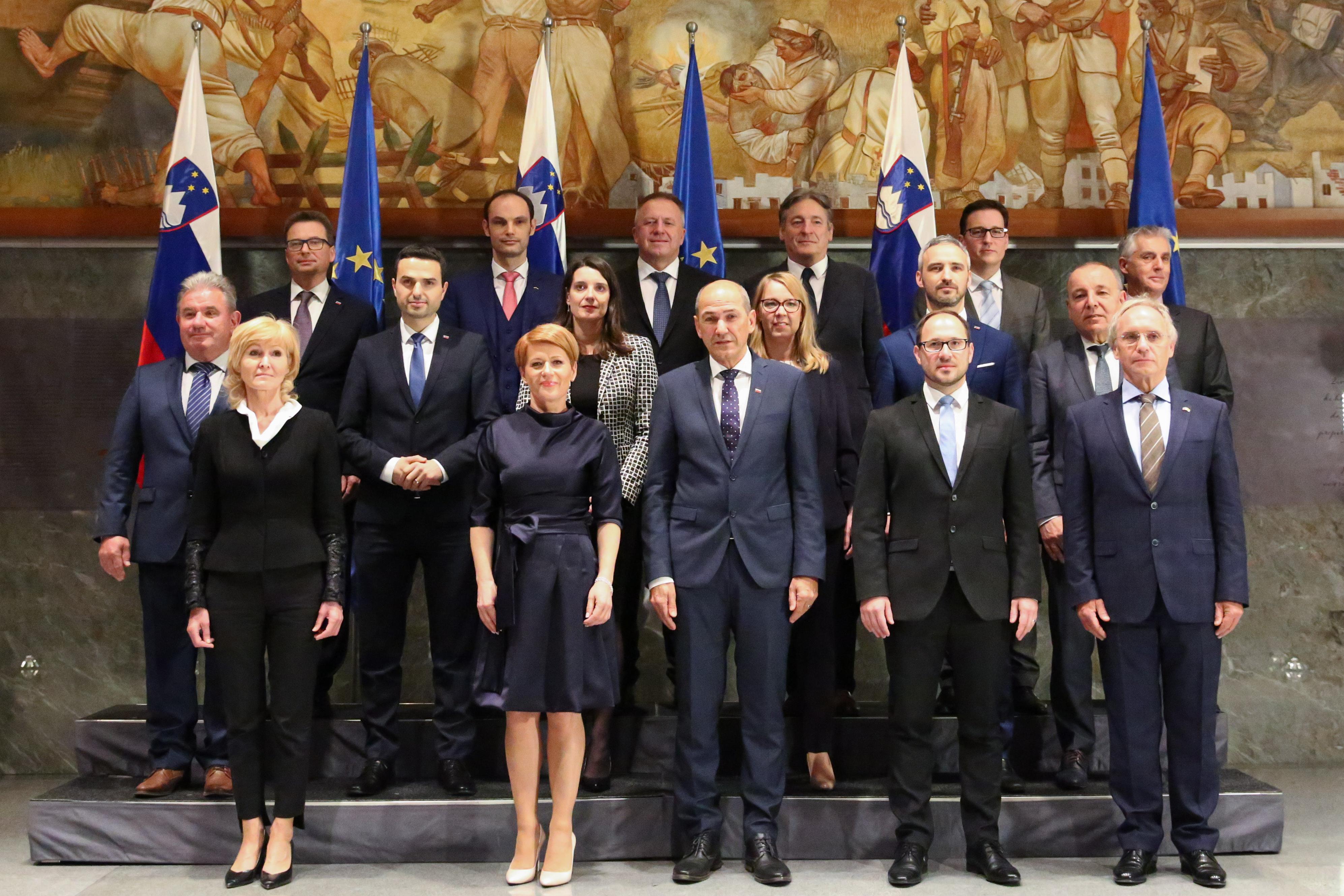NSi PROPOSALS IN COALITION AGREEMENT

The coalition agreement that was signed by the NSi, SDS, SMC and DeSUS on February 25, 2020 provides foundation for the work of 14th Slovenian government. Harmonizing its contents and seeking consensus for the priorities that the new government aims to achieve by the end of the 2022 term has been a strenuous and intensive process.
At NSi, we are pleased to see our priorities and solutions that stem from our programme enshrined in the coalition agreement. These are:
– Reintroduction of free kindergarten for the second and all subsequent children who are simultaneously enrolled in kindergarten as well as incentives to include more children in kindergartens at least one year before they start going to school.
– Introduction of universal child allowance.
– Including social welfare recipients able to work in the public works system.
– Exemption of student work and company scholarships from the total household income when applying for rights from public funds.
– Better system of state scholarships (the order of exercising rights, amount for adult students, equal income criteria for child allowances and state scholarships).
– Consistent control over fictitious residency applications in order to prevent abuses of social transfers.
– Effective measures to reduce waiting times in healthcare.
– Adoption of a law on long-term care by defining the content of rights, sources of funding and adequate personnel plan.
– Modern helicopter emergency assistance system (provision of dedicated helicopters).
– Less bureaucracy when obtaining building permits and siting approvals, simplified procurement procedures, higher threshold of flat-rate taxation system.
– Acceleration of hydroelectric power plants siting in the area of the middle and lower Sava river.
– Public housing policy – increase in rental housing with a focus on young people and young families.
– Siting of large infrastructure and energy facilities needs to be simplified and expedited (national spatial plan, environmental impact assessment, interactions between institutions).
– Increased investment in improving public transport infrastructure, reducing traffic congestion and greenhouse gas emissions.
– Establishment of government office for demography based in Maribor.
– Raising lump sum per capita for municipalities.
– Lower taxation for employee performance rewards.
– Promotion of rewarding employees in stock options.
– Accelerated digitization of public administration and of the entire country.
– Remuneration incentives for civil servants by an introduction of variable part of the salary depending on achieving objectives.
– Establishment of specialized courts to prosecute most serious forms of economic crime and cases with serious implications for public funds.
– Effective border protection.
– Consistent adherence to asylum procedures.
– Improving situation in police.
– Analysis and, if necessary, modification of procedures for obtaining temporary and permanent residence by foreigners and mandatory integration.
– Consolidation of professional soldiers’ number serving in Slovenian Armed Forces.

